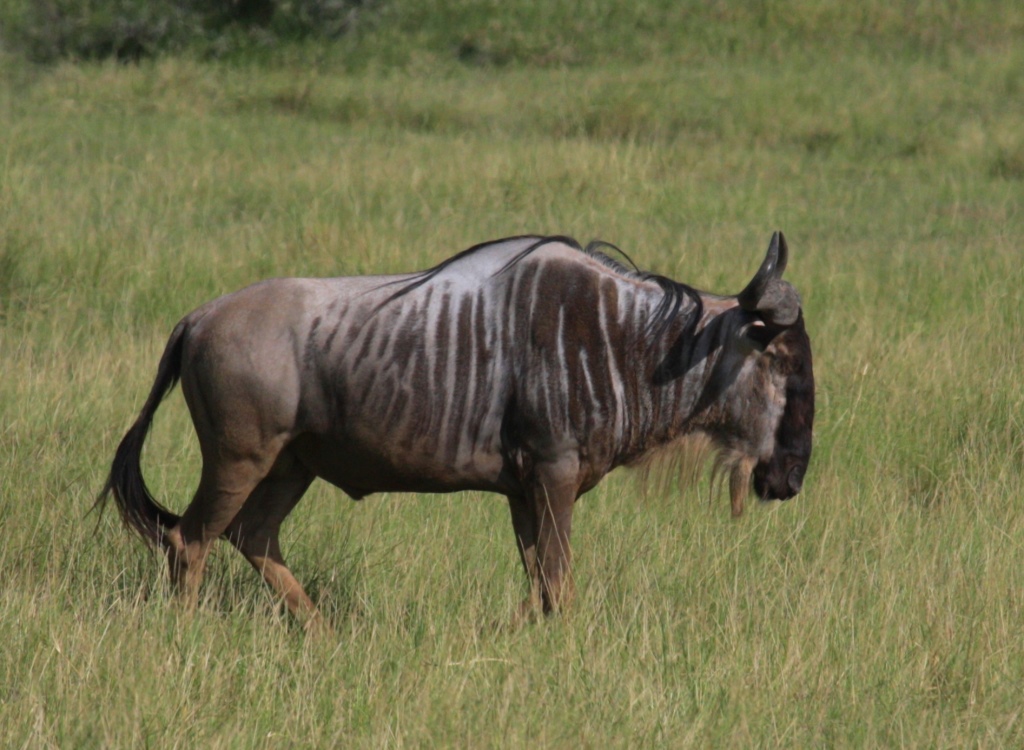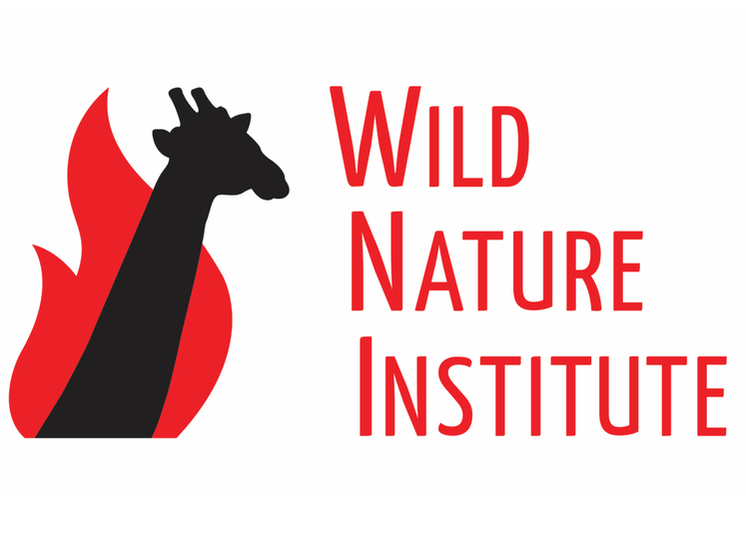|
Study: Species disappearing far faster than before
BY SETH BORENSTEIN AP Science Writer May 29, 2014 Species of plants and animals are going extinct 1,000 faster than they did before humans, with the world on the verge of a sixth great extinction, a new study says. The study looks at the past and present rates of extinction and found a lower rate in the past than scientists had thought. Because of that it means that species are now disappearing from Earth at a rate about ten times faster than biologists had figured before, said study lead author noted biologist Stuart Pimm of Duke University. WASHINGTON — Species of plants and animals are becoming extinct at least 1,000 times faster than they did before humans arrived on the scene, and the world is on the brink of a sixth great extinction, a new study says. The study looks at past and present rates of extinction and finds a lower rate in the past than scientists had thought. Species are now disappearing from Earth about 10 times faster than biologists had believed, said study lead author noted biologist Stuart Pimm of Duke University. "We are on the verge of the sixth extinction," Pimm said from research at the Dry Tortugas. "Whether we avoid it or not will depend on our actions." The work, published Thursday by the journal Science, was hailed as a landmark study by outside experts. Pimm's study focused on the rate, not the number, of species disappearing from Earth. It calculated a "death rate" of how many species become extinct each year out of 1 million species. In 1995, Pimm found that the pre-human rate of extinctions on Earth was about 1. But taking into account new research, Pimm and his colleagues refined that background rate to about 0.1. Now, that death rate is about 100 to 1,000, Pimm said. Numerous factors are combining to make species disappear much faster than before, said Pimm and co-author Clinton Jenkins of the Institute of Ecological Research in Brazil. But the No. 1 issue is habitat loss. Species are finding no place to live as more places are built up and altered by humans. Add to that invasive species crowding out native species, climate change affecting where species can survive, and overfishing, Pimm said. The buffy-tufted-ear marmoset is a good example, Jenkins said. Its habitat has shrunk because of development in Brazil, and a competing marmoset has taken over where it lives. Now ,it's on the international vulnerable list. The oceanic white-tip shark used to be one of the most abundant predators on Earth and they have been hunted so much they are now rarely seen, said Dalhousie University marine biologist Boris Worm, who wasn't part of the study but praised it. "If we don't do anything, this will go the way of the dinosaurs." Five times, a vast majority of the world's life has been snuffed out in what have been called mass extinctions, often associated with giant meteor strikes. About 66 million years ago, one such extinction killed off the dinosaurs and three out of four species on Earth. Around 252 million years ago, the Great Dying snuffed out about 90 percent of the world's species. Pimm and Jenkins said there is hope. Both said the use of smartphones and applications such as iNaturalist will help ordinary people and biologists find species in trouble, they said. Once biologists know where endangered species are they can try to save habitats and use captive breeding and other techniques to save the species, they said. One success story is the golden lion tamarin. Decades ago the tiny primates were thought to be extinct because of habitat loss, but they were then found in remote parts of Brazil, bred in captivity and biologists helped set aside new forests for them to live in, Jenkins said. "Now there are more tamarins than there are places to put them," he said.
0 Comments
Your comment will be posted after it is approved.
Leave a Reply. |
Science News and Updates From the Field from Wild Nature Institute.
All Photos on This Blog are Available as Frame-worthy Prints to Thank Our Generous Donors.
Email Us for Details of this Offer. Archives
July 2024
|
|
Mailing Address:
Wild Nature Institute PO Box 44 Weaverville, NC 28787 Phone: +1 415 763 0348 Email: [email protected] |
|


 RSS Feed
RSS Feed
